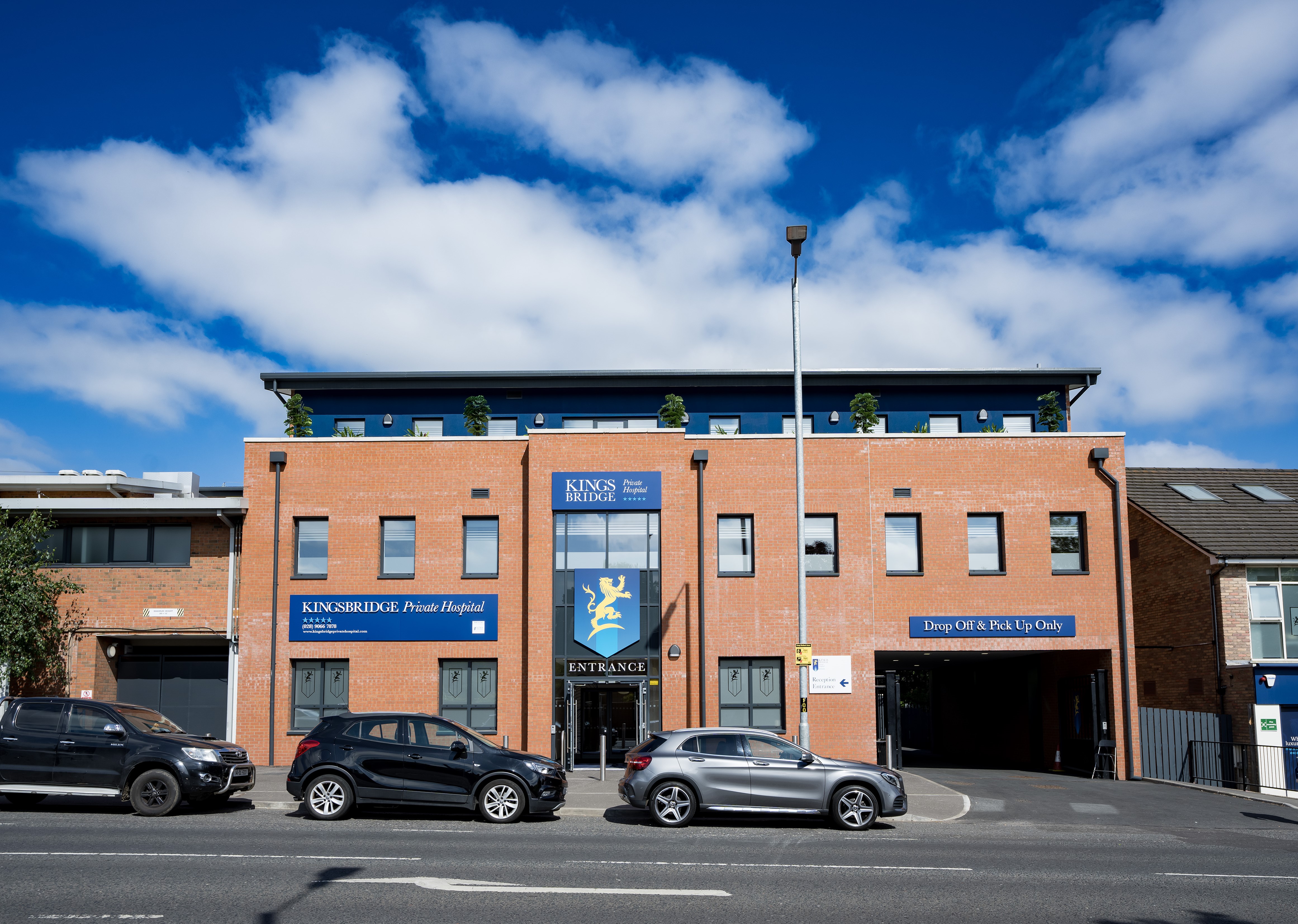Have a query or wish to book an appointment? Complete Our Online Contact Form
Kingsbridge Help & Support
A credit or debit card is necessary to secure your booking. The card will be saved as your default payment method. You'll receive notifications regarding any outstanding balances. For details on the information we collect and process, while providing your healthcare, please refer to our privacy policy. By using this service, you consent to our privacy policy.
Continue to Kingsbridge BookingKingsbridge Help & Support
For enquires on post operative support, cancellations, test results and payment
Click for HELPSearch
Select Location
-
Treatments & Surgeries
- Back
- Bones & Joints
-
Cosmetic & Plastic Surgery
- Blepharoplasty Eyelid Surgery
- Breast Implant Surgery
- Breast Lift Surgery
- Breast Reduction
- Breast Reduction For Men
- Brow Lift
- Ear Reshaping
- Earlobe Repair Surgery
- Facelift & Necklift
- Labiaplasty - Labial Reduction
- Liposuction
- Nose Reconstruction
- Tummy Tuck
- Vaginal Repair
- Vaginoplasty & Vaginal Tightening
- Varicose Veins Removal
- Back
- Eye Surgery Clinic
- ENT Clinic
- Gastro Clinic
- General Surgery
- Gynaecology
- Men's Health Clinics
- MRI & Ultrasound Scanning
- Pain Clinic
- Scope Clinic
- Urology
- Women's Health Clinics
- All Treatments & Surgeries
- Consultants
- Patient Information
- Cross-Border Patients
- Payment & Pricing
- Book & Enquire
Bones & Joints
Cosmetic & Plastic Surgery
Eye Surgery Clinic
ENT Clinic
Gastro Clinic
General Surgery
Gynaecology
Men's Health Clinics
MRI & Ultrasound Scanning
Pain Clinic
Scope Clinic
Urology
Women's Health Clinics
Consultation Booking
Book Appointment
Send an appointment booking request
Refer Your Patient
Refer A Patient
Are you a clinician that needs to refer a patient?
Patient Information
Cross-Border Patients
Skip The Waiting List
Apply Today
Surgery Costs Remibursed For Your Cross Border Treatment
Payment & Pricing
Book & Enquire
Consultation Booking
Book Appointment
Send an appointment booking request
- Treatments & Surgeries
- Consultants
- Patient Information
- Cross-Border Patients
- Payment & Pricing
- Book & Enquire
Call Us Today
Kingsbridge Hospital
UK +4428 90 667 878 ROI 01 968 2000
Sligo Hospital
ROI 071 916 2649
Cross Border Health Team
ROI 048 9068 8858








